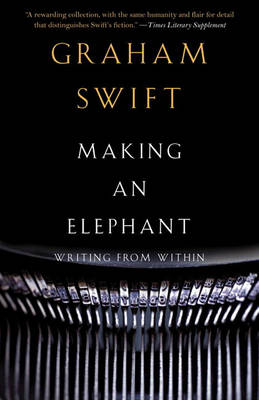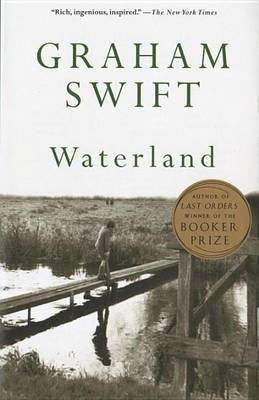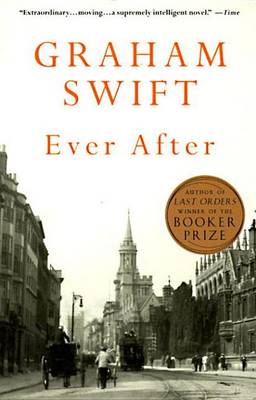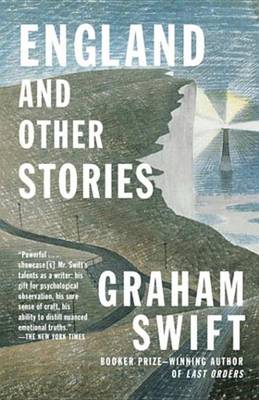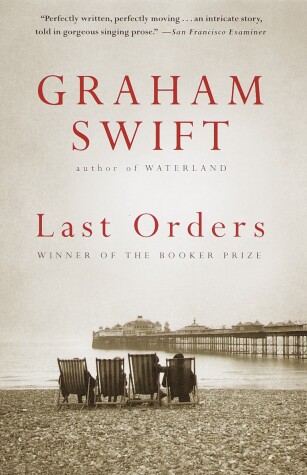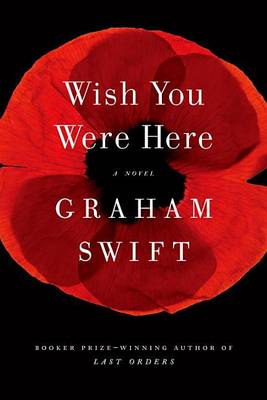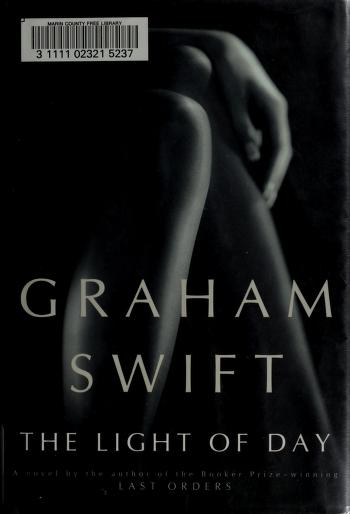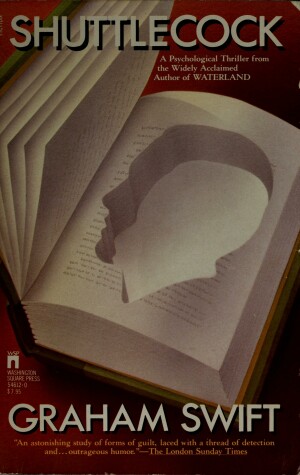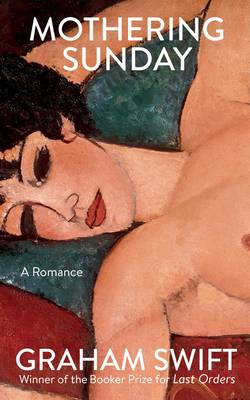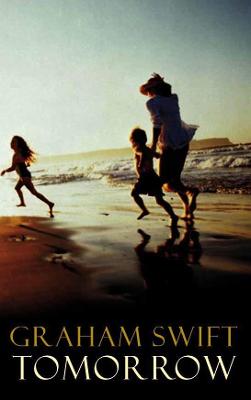Vintage International
12 total works
As a novelist Graham Swift delights in the possibilities of the human voice, imagining his way into the minds and hearts of an extraordinary range of characters. In Making an Elephant the voice is his own. As generous in its scope as it is acute in its observations, this highly personal book is a singular and open-spirited account of a writer's life.
Swift brings together a richly varied selection of essays, portraits, poetry and interviews, full of insights into his passions and motivations, and wise about the friends, family and other writers who have mattered to him over the years. Kazuo Ishiguro advises on how to choose a guitar, Salman Rushdie arrives for Christmas under guard, and Ted Hughes shares the secrets of a Devon river. There are private moments, too, with long-dead writers, as well as musings on history and memory that readers of Swift's novels will recognize and love.
A journey through place and time, Making an Elephant is a book of encounters, between a son and his father, between an author and his younger selves, between writer and reader, and between friends. It brims with charm and candour, and tells of alertness to experience and a true engagement with words, in short, with what it means to feel that writing and reading are an essential part of living.
"Waterland, like the Hardy novels, carries with all else a profound knowledge of a people, a place, and their interweaving.... Swift tells his tale with wonderful contemporary verve and verbal felicity.... A fine and original work."--Los Angeles Times
Meet Dr Shah who has never been to India and Mrs Kaminski, on her way to Poland via A meet Holly and Polly who have come to their own Anglo-Irish understanding and Lily Hobbs, married to a shirt; Charlie and Don who have seen the docks turn into Docklands; Mr Wilkinson the weirdo next door; Daisy Baker who is terrified of Yorkshire; and Johnny Dewhurst, stranded on Exmoor.
Graham Swift steers us effortlessly from the Civil War to the present day, from world-shaking events to the secret dramas lived out in rooms, workplaces, homes. With his remarkable sense of place, he charts an intimate human geography. In doing so he moves us profoundly, but with a constant eye for comedy.
Binding these stories together is Swift's grasp of the universal in the local and his affectionate but unflinching instinct for the story of us all: an evocation of that mysterious body that is a nation, deepened by the palpable sense of our individual bodies finding or losing their way in the nationless territory of birth, growing up, sex, ageing and death.
"Swift has involved us in real, lived lives...Quietly, but with conviction, he seeks to affirm the values of decency, loyalty, love."--New York Review of Books
"A beautiful book...a novel that speaks profoundly of human need and tenderness. Even the most cynical will be warmed by it."--San Francisco Chronicle
Sarah is in prison. Every fortnight she is visited by George, the private eye she employed to observe the final stage of her husband's affair. The visits - and the days between - lead George back into Sarah's past and into events he can picture only too well, while bringing him ever closer to a time he can't quite imagine - when she will once again step out into the clear light of day...
"A moving, ingenious and often very funny tale that takes us deep into his characters' wounded, resilient hearts with breathtaking virtuosity...rich, complicated, joyful, arresting."--USA Today
"Swift proves throughout this ambitious collection that he is a master of his language and the construction of provocative situations."--Houston Chronicle
From the Booker-winning author of Last Orders and Waterland comes a long-awaited new novel. ‘Mothering Sunday is bathed in light; and even when tragedy strikes, it blazes irresistibly… Swift’s small fiction feels like a masterpiece’ The Guardian
It is March 30th 1924. It is Mothering Sunday.
How will Jane Fairchild, orphan and housemaid, occupy her time when she has no mother to visit? How, shaped by the events of this never to be forgotten day, will her future unfold?
Beginning with an intimate assignation and opening to embrace decades, Mothering Sunday has at its heart both the story of a life and the life that stories can magically contain. Constantly surprising, joyously sensual and deeply moving, it is Graham Swift at his thrilling best.
Praise for Mothering Sunday:
‘Mothering Sunday is a powerful, philosophical and exquisitely observed novel about the lives we lead, and the parallel lives – the parallel stories – we can never know … It may just be Swift’s best novel yet’ The Observer
'Dazzling . . . a vanished world is resurrected with superb immediacy . . . wonderfully accomplished' Sunday Times
'Stunning . . . It is about the most perfect novel you could wish to read' The Guardian
'From start to finish Swift's is a novel of stylish brilliance and quiet narrative verve . . . Swift is a writer at the very top of his game' Evening Standard
'Exquisite . . . Mothering Sunday shows love, lust and ordinary decency straining against the bars of an unjust English caste system' Kazuo Ishiguro
‘Mastery and resonance . . . It’s one of the novel’s great strengths to be able to shift with such agility between focus scene and lifetime recollection . . . the languid, blissful minutes of March 30, 1924 seem to contain all the succeeding decades’ Times Literary Supplement
'A dazzling read: sexy, stylish, subversive' Herald Scotland
'A jewel of a book, a subtle, erotically charged novella suspended between past and future' Hermione Lee
'A work of gold from the subtle pen of the great Graham Swift' Le Monde
'With this novel he captures what it means to be alive' Der Spiegel
‘An exquisite novella of love and loss . . . a short yet powerful and intricately layered work . . . every sentence counting and not a word out of place’ The Australian
On a midsummer's night Paula lies awake, Mike, her husband of twenty-five years asleep beside her, her two teenage children, Nick and Kate, sleeping in nearby rooms. The next day, she knows, will redefine all their lives.
Recalling the years before and after her children were born, she begins a story which is both a glowing celebration of love possessed and a moving acknowledgement of the fear of loss, of the fragilities, illusions and secrets on which even our most intimate sense of who we are can rest.
It is 1995. A revelation lies in store. Her children's future lies before them. The house holds a family's history and fate. As a millenium draws to its close, and as day draws nearer, Paula's intensely personal thoughts touch on all our tomorrows.
Brilliantly distilling half a century into one suspenseful night, as tender in its tone as it is deep in its soundings, Tomorrow is a magical exploration of coupledom, parenthood and selfhood, and a unique meditation on the mystery of happiness.
